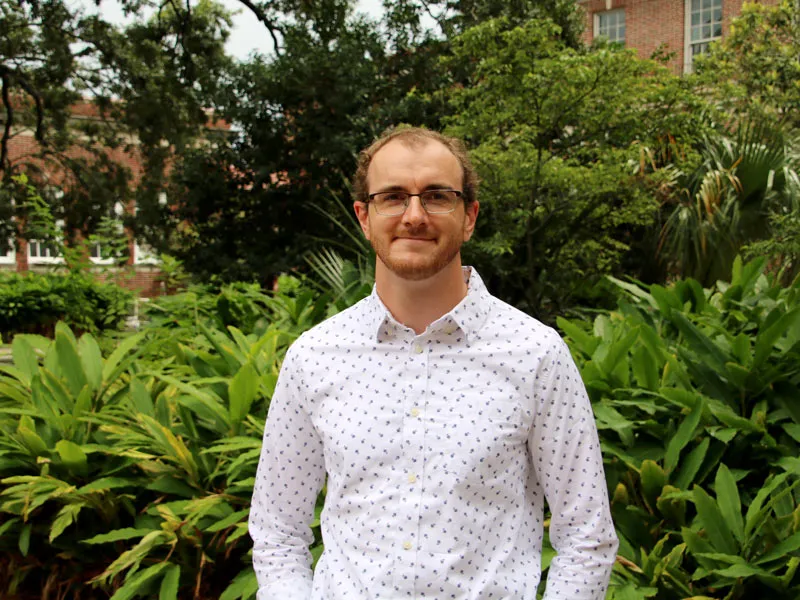
Andrew Leber found political science somewhat by accident. He attributes his interest in politics to the surge of U.S. interest in the Middle East and North Africa (MENA) region post-9/11, with the Global War on Terror and the U.S. invasion of Iraq driving a heavy domestic focus on the region in the name of national security. This “general ambiance” pushed Leber’s belief that the more knowledge of MENA advanced, the more positive change could occur in U.S. policy and public opinion toward the region. While achieving his Bachelor’s at Brown in International Relations, he learned Arabic with the goal of ultimately teaching the language. As a kid, Leber grew up all over the world--from Connecticut to Switzerland to Virginia-- giving him a unique perspective on moving and living abroad and making it easier for him to move to places like Egypt, where he studied Arabic in 2012-13, and Qatar, where he worked for a local branch of the Brookings Institution. There, he saw how politics worked in practice in a contemporary absolute monarchy. As he became more interested in formal research, he realized that he needed more academic training to answer big political questions about conflict, government service provision, and the impact of US foreign policy.
Leber went on to get his Ph.D. from Harvard, narrowing his focus to Saudi Arabia. While preparing for his dissertation on Saudi policymaking and the policymaking process in non-democracies more generally, Leber conducted 3 years of fieldwork in Saudi Arabia, visiting the kingdom 6 times for a few months each. There, he learned about labor market policy, regional development schemes, and growing investment in entertainment. The latter generated one of Leber’s favorite and “more esoteric” publications, “Making Moves: Reading Saudi Social Change through Commercial Tabletop Games,” which explores the new Saudi board game industry. As part of loosening a number of social constraints in the kingdom, new policies allow more commercial activity with less red tape, bringing the first Comic-Con, WWE, and, of course, board games to Saudi Arabia. Leber is open to connecting interested Tulane students with Saudi colleagues, and notes that it is nice to be in a place in the American academy where he can give back to Saudi colleagues doing important research. He looks forward to a break in his schedule that would allow him to recultivate relationships in Saudi Arabia.
The pandemic brought Leber’s fieldwork to a standstill, however, and he is currently working on projects for which research is possible from afar. Right now, his main project attempts to understand nationalist narratives in different Arab media sources. While at Tulane, Leber hopes to find time for a new project looking at the limits of foreign lobbying, particularly in reference to the United Arab Emirates’ impact on US foreign policy in recent years.
Having spent most of his academic and professional life in the Northeast, Leber is happy to be at Tulane because of the new perspectives that the South offers. Leber says that “relative to the number of people who live here, [New Orleans] punches above its weight more than any other city.” He especially notes that there is more of a sense of community in New Orleans than the big cities in the Northeast, something that can definitely be seen during Mardi Gras with the “incredible degree of social mobilization” that occurs throughout the entire city. Leber also appreciates the care and devotion that people display towards food, and especially recommends La Petite Grocery. New Orleans does have its difficulties, however-- Leber claims that most places in MENA, short of mountain roads in Southern Saudi Arabia, are much more consistently paved than the roads in New Orleans! The Political Science department welcomes Leber and encourages students to enroll in his courses next semester.

